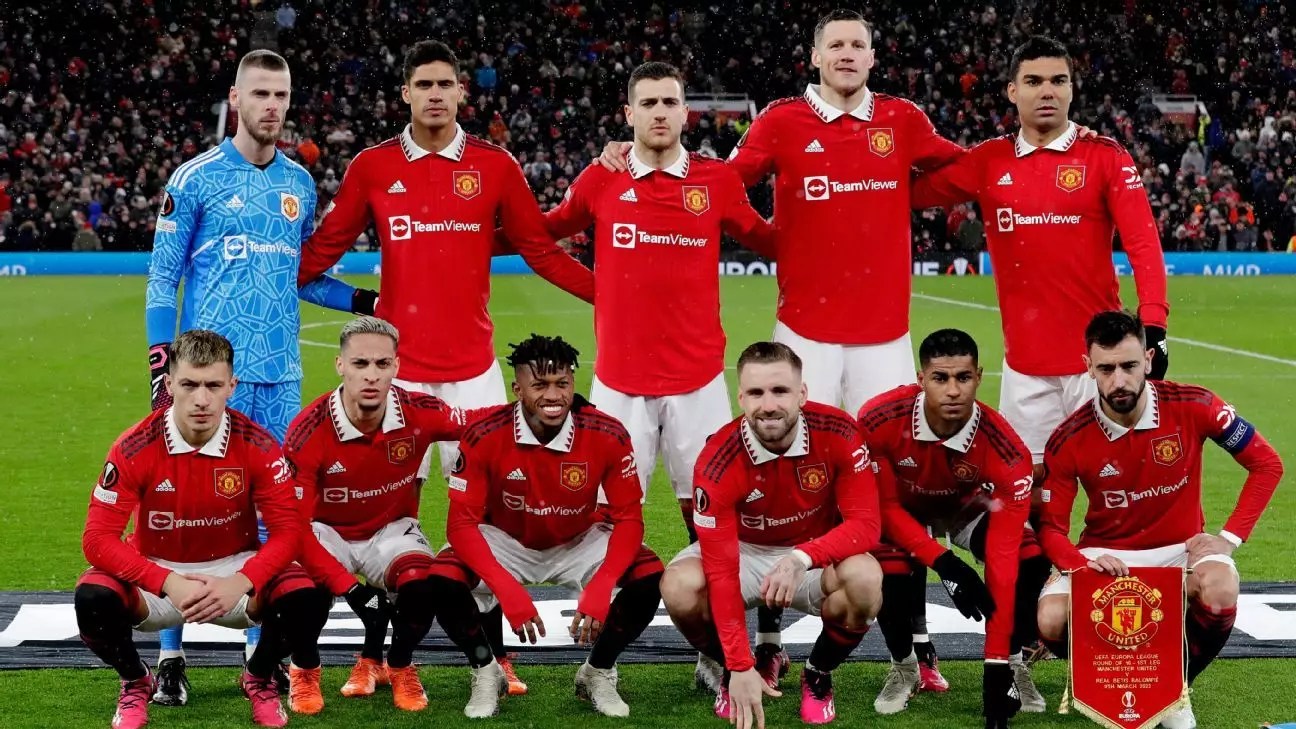Manchester United has once again made headlines, this time for having the most expensive squad in the history of football. According to a recent UEFA report on football club finances, the Red Devils spent a staggering total of €1.422 billion on their squad in the 2023 financial year. This comes despite the team finishing third in the Premier League and winning the Carabao Cup under the guidance of new manager, Erik ten Hag. Some of the high-profile signings included Antony (€95 million), Harry Maguire (€93 million), Jadon Sancho (€85 million), and Casemiro (€82 million). The report highlighted that United’s squad surpassed the likes of Real Madrid, who held the previous record with a squad cost of €1.332 billion in 2020.
Exclusion of Other High-spending Clubs
It is worth noting that the UEFA report did not include financial data for Chelsea, Everton, and Leicester City for the 2023 season. This omission meant that Chelsea’s substantial spending of around €993 million from the summer of that year to August 2023 was not accounted for in the analysis. Despite this, Chelsea’s 2022 squad still ranked as the third most expensive, following the squads of Manchester United and Manchester City for the 2023 season.
The Growing Trend of Multi-club Ownership
In addition to highlighting the extravagant spending by clubs like Manchester United, the UEFA report also shed light on the rising trend of “multi-club ownership” in European football. According to the report, more than 300 clubs are now part of ownership groups that involve multiple teams. This trend, largely driven by American investors, has raised concerns about the integrity of European competitions. While the financial aspects of football continue to grow, there are questions about the impact of such ownership structures on the competitive balance and fairness of the game.
The financial landscape of football is evolving rapidly, with clubs like Manchester United setting new records for squad spending. While these investments can lead to success on the field, there are also concerns about the long-term implications of such extravagant spending. Additionally, the rise of multi-club ownership adds another layer of complexity to the footballing world, raising important questions about competition, fairness, and the integrity of the sport. As the game continues to grow, it will be crucial for governing bodies like UEFA to monitor these trends closely and ensure that the essence of football is preserved for future generations.


Leave a Reply